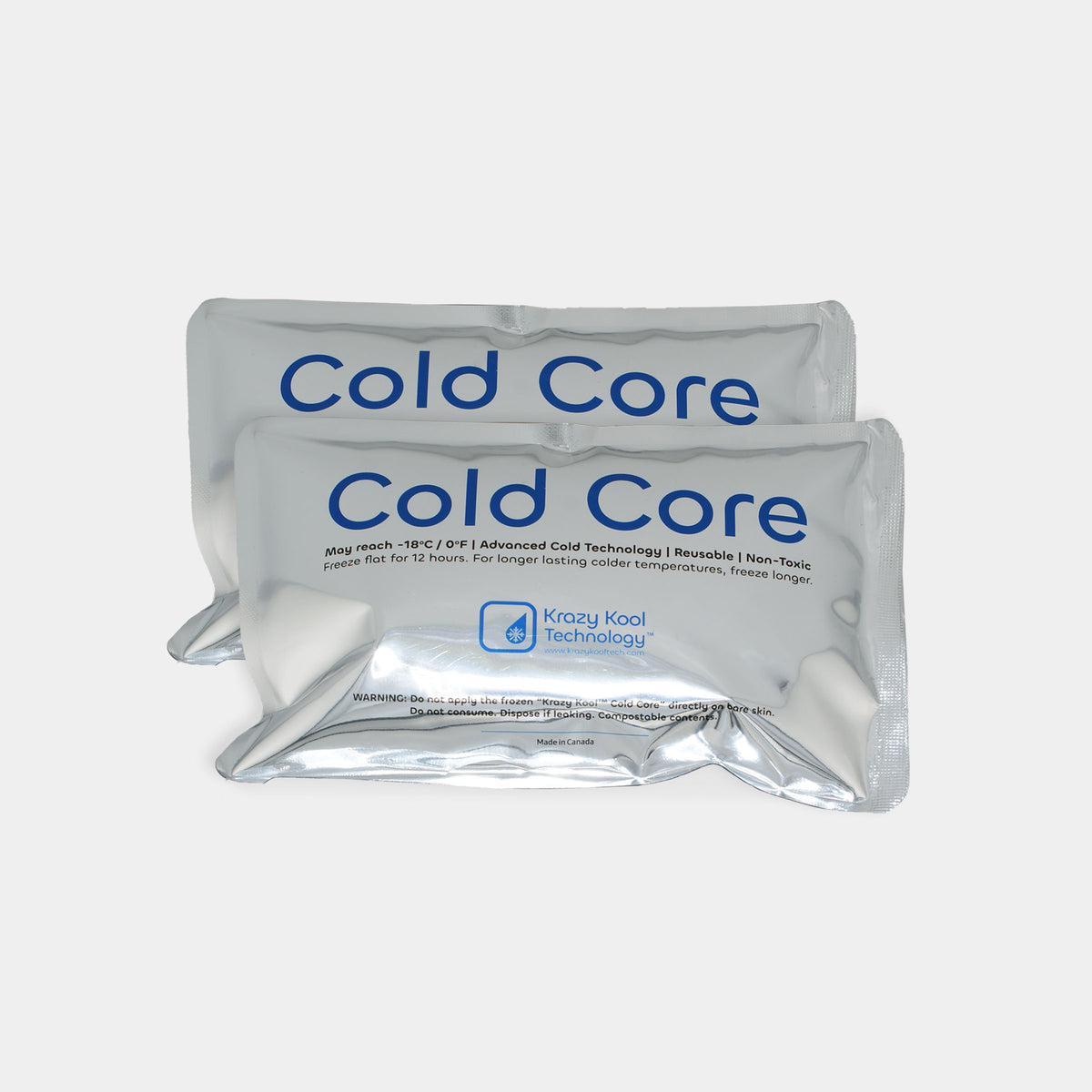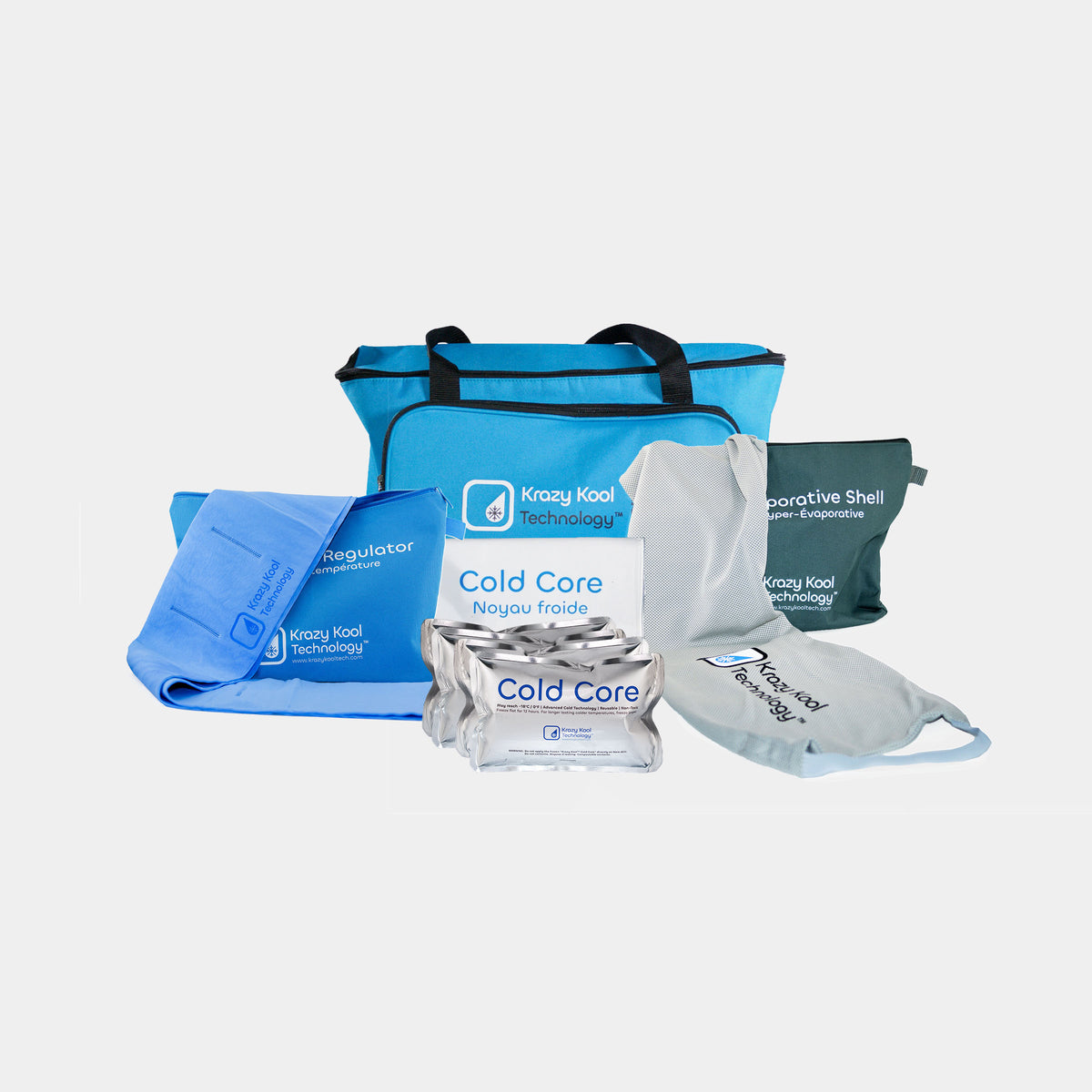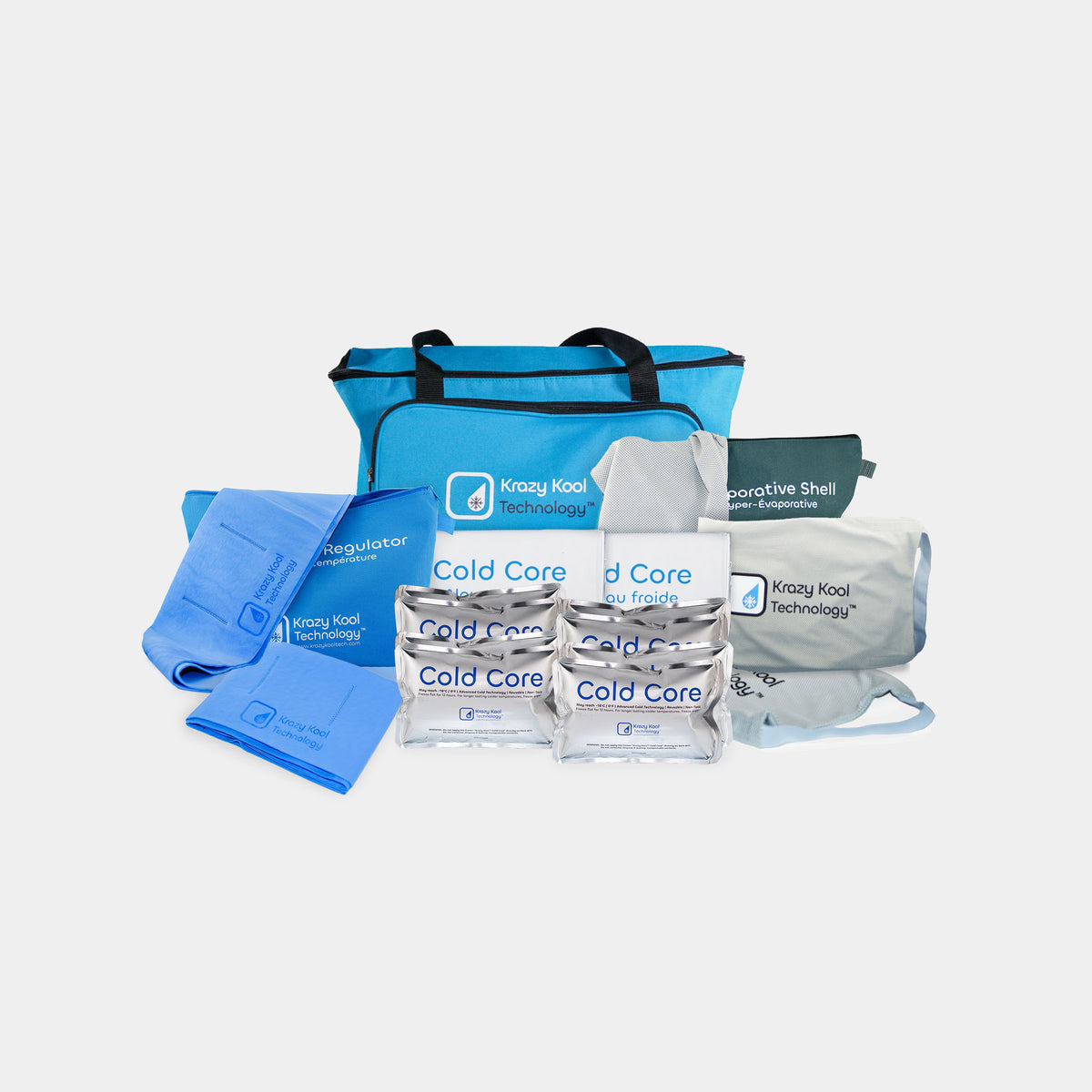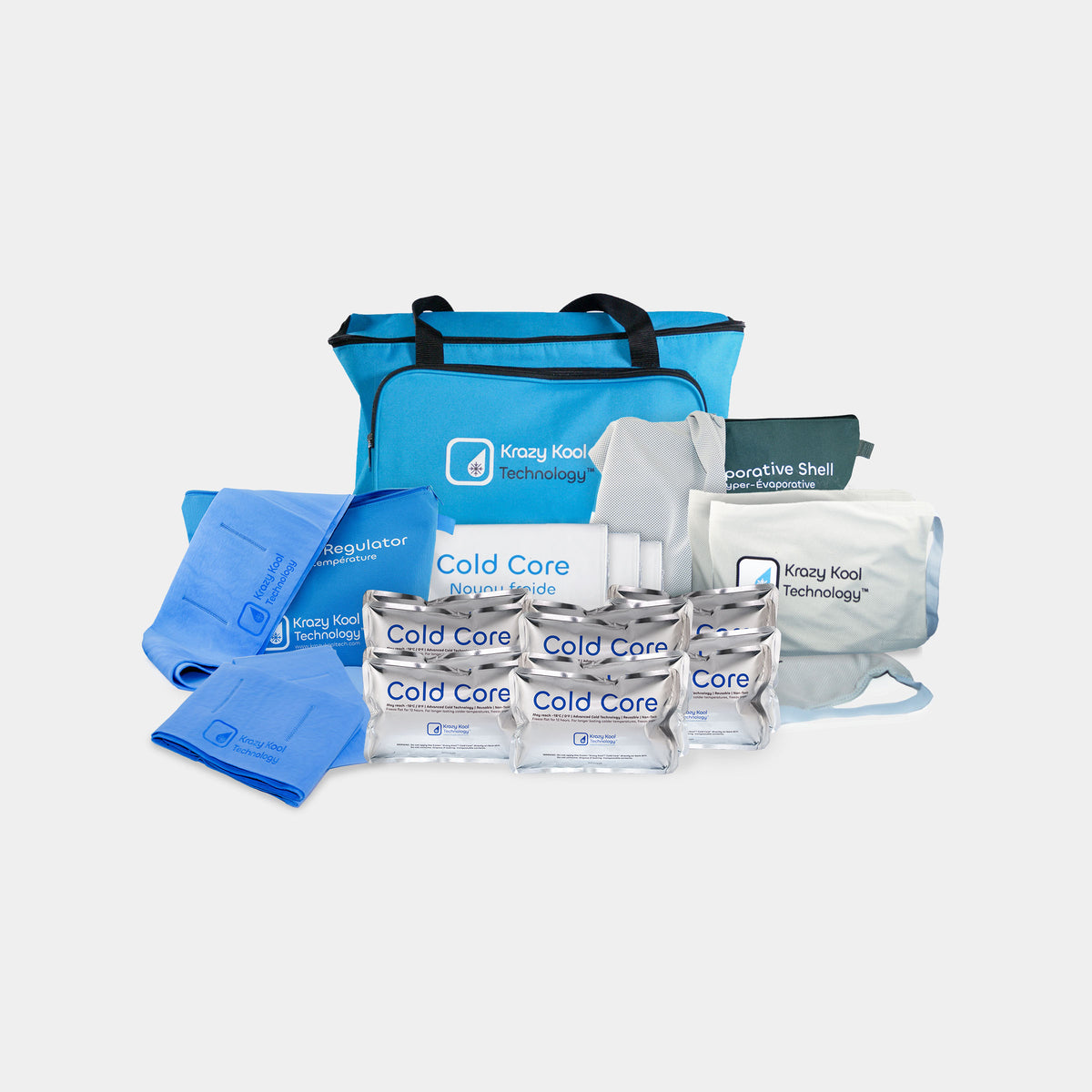One in Three Americans and One in Four Canadians are at Risk for Heat Stroke.
According to the CDC, approximately 115.3 million US adults are estimated to have hypertension and are taking antihypertensive medication, representing around 44.7% of the adult population with hypertension defined as systolic blood pressure greater than 130 mmHg or diastolic blood pressure greater than 80 mmHg. In Canada 23% of the population or 10 million are estimated to have hypertension.
The Overburdened Heart:
Your cardiovascular system is your body's primary air conditioning engine. When temperatures rise, your heart works harder to pump more blood to the skin's surface, where heat can escape through vasodilation (widening of blood vessels) and sweating. For someone with high blood pressure, this system is already under strain.

How Hypertension Increases Heat Stroke Risk:
Increased Workload: The heart of someone with hypertension is already accustomed to pumping against higher resistance. In the heat, the demand for increased blood flow to the skin further taxes an already stressed heart, potentially leading to arrhythmias, chest pain, or even heart attack in severe cases.
Medication Interference: Many common medications for high blood pressure can unfortunately interfere with the body's natural cooling mechanisms.
- Diuretics ("water pills"): These are designed to reduce fluid volume and lower blood pressure, but they also increase urine output, leading to dehydration. In hot weather, this fluid loss is exacerbated by sweating, rapidly increasing the risk of severe dehydration and electrolyte imbalances, which can plummet blood pressure too low or paradoxically cause it to spike.
- Beta-blockers: 26 million Americans are on beta-blockers. These medications slow the heart rate, which can limit its ability to increase blood flow to the skin for cooling. Beta-blockers decrease thirst which can lead to dehydration, reduce heart rate, make it harder for the body to regulate temperature, relax blood vessels impairing circulation and lowering its effectiveness in responding to heat stress. Beta-blockers can strain the heart, hinder the body's ability to respond to the heat and make the body sensitive or intolerant to heat.
- ACE inhibitors and ARBs: While generally safe, some individuals on these medications may experience enhanced sensitivity to dehydration and electrolyte shifts during extreme heat.
Dehydration Loop: Dehydration is a direct consequence of heavy sweating, thickens the blood, making it harder for the already burdened heart to pump. This can further stress the cardiovascular system and make it more difficult for the body to cool itself, pushing it closer to heat stroke.
Krazy Kool TechnologyTM System is designed and engineered to reduce the stress load on the cardiovascular system by targeting and cooling the body's core heat zones and the main arteries and veins close to the skin.












0 comments